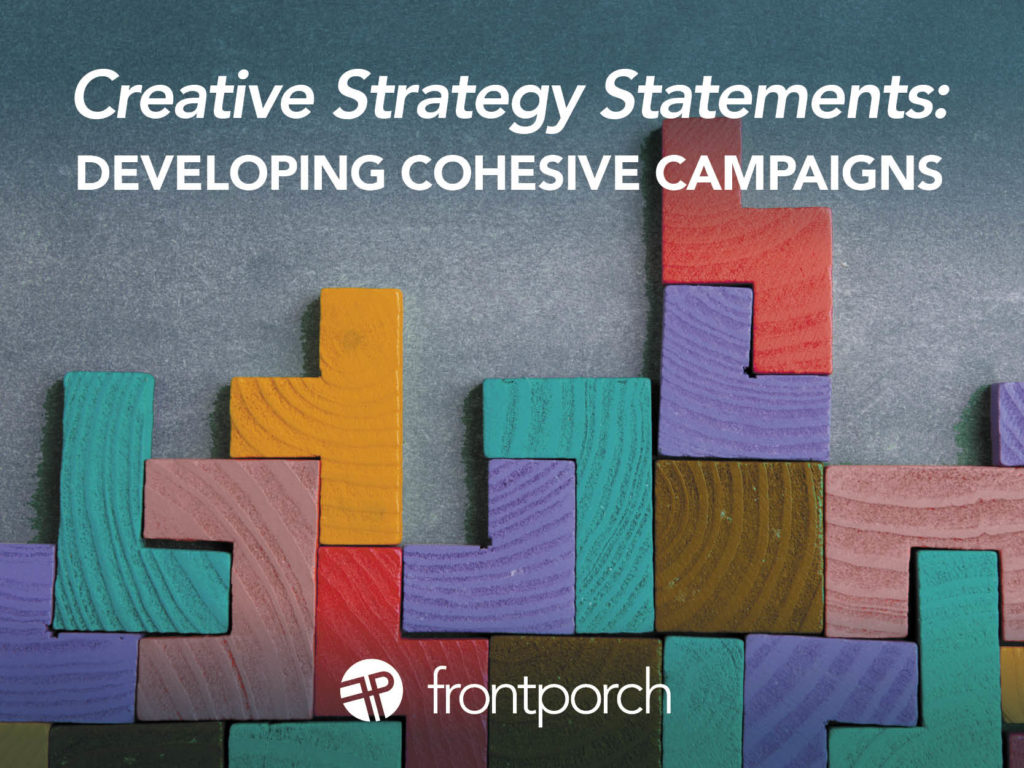
During my senior fall semester at the University of Arkansas, I am taking courses that challenge my creative thinking. One of my courses, Creative Strategy, focuses entirely on developing an advertising strategy for a client of our choice. After defining target audiences and brainstorming strategic approaches, we reached the central reason for the course: writing our creative strategy statement.
What is a creative strategy statement?
This statement defines the purpose of a campaign and identifies how advertising and marketing efforts will benefit target consumers. Each aspect of a campaign should consider how it can bring value to its audience, and this strategy statement helps make ideas more tangible and attainable.
How should you prepare to write one?
Before writing this statement, the campaign team needs to have conducted the necessary research. The creative strategy statement is a great tool to guide advertising strategy and development, so it’s important to properly prepare to write it. This means taking time to define key elements of the campaign, which can be done by:
- Customer research: Who are your current and potential consumers? What can you learn from their behaviors that may dictate how this new campaign appeals to an audience?
- SWOT analysis: A SWOT analysis is a classic method for analyzing your brand – and for good reason. Writing out the benefits and challenges that your brand faces compared to competitors can help you discover innovative ways to meet consumer needs.
- Current advertising approaches: Looking at and dissecting current advertising can reveal a lot about what works and what doesn’t. From analytics to behavioral reactions, there are multiple ways that a brand can strengthen its advertising presence. Then, the brand can become more distinguishable by ditching what’s not working and enhancing what is.
What should it include?
These statements should be succinct, only using a few sentences to provide relevant information. Developing these statements may look different depending on the client or the campaign, but important details include:
- A description of the target market: Who do you want to reach, and what characteristics are necessary to consider when developing material?
- Benefits offered: Why should your target audience pay attention to this campaign? What value can they get out of it that incentivizes action?
- Customer need addressed: Offering benefits is only important if they directly and positively impact the consumer. What need does the target market have that the campaign can satisfy?
What does this statement mean for the campaign?
The information provided in this statement connects the strategic with the creative. Writing out the necessary details provides the parameters that advertising and marketing materials need to guide them. This statement can also help a team ensure they have thoroughly and accurately identified the target market, selling argument and tone of the campaign.
As I enter the second half of my fall semester, the course is shifting to the development of creative work. From magazine ads to a digital ad series, my work from now on will be guided by the creative strategy statement. By combining research and recognizing the needs to be addressed, the statement is a great tool to ensure campaign materials are cohesive and on strategy.
